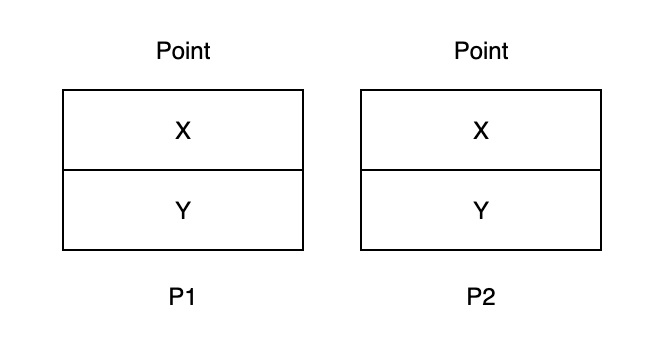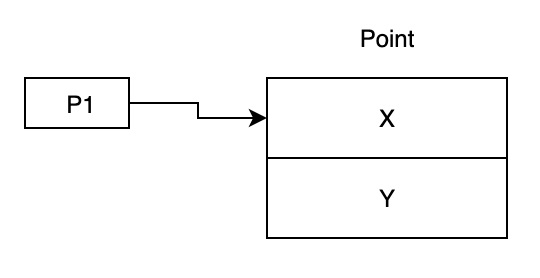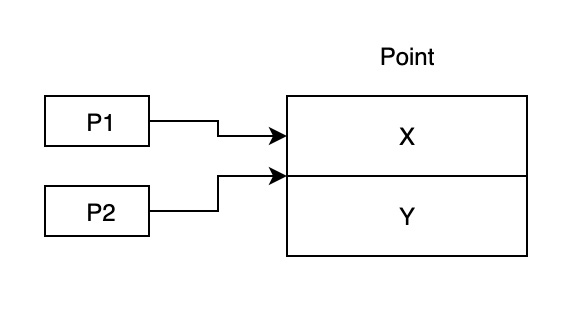
 Data Structure
Data Structure Networking
Networking RDBMS
RDBMS Operating System
Operating System Java
Java MS Excel
MS Excel iOS
iOS HTML
HTML CSS
CSS Android
Android Python
Python C Programming
C Programming C++
C++ C#
C# MongoDB
MongoDB MySQL
MySQL Javascript
Javascript PHP
PHP
- Selected Reading
- UPSC IAS Exams Notes
- Developer's Best Practices
- Questions and Answers
- Effective Resume Writing
- HR Interview Questions
- Computer Glossary
- Who is Who
Explain and contrast value types and reference types in C#
In general, all types in C# can be divided into two main categories − value types and reference types. Let's look at each type in detail.
Value Types
Variables of value types directly contain their data. Each variable has its own copy of the data. Hence it is impossible for a variable of value type to modify another object.
A value type can be one of the following types −
- all numeric types, e.g., int, float, and double
- char and the bool types
- struct type or
- enumeration type.
A value type simple contains the value. For example, the integer type contains the actual number, and not a pointer to the number, like reference types.
To create a custom value type, you can use a struct. For example −
public struct Point
{
public int X;
public int Y;
}
var p1 = new Point();
In memory, an instance of a Point is represented as follows −

When you assign a variable of value type to another variable, the assignment operation creates a copy of the value being assigned. For example,
Point p2 = p1;

Reference Types
Variables of reference types store a reference to their objects. It's possible for two different variables to hold a reference to the same object. Any changes one variable makes to the object are visible to the second variable.
A reference type comprises of the following types −
- String
- Class
- Array
- Delegate
- Interface
For example, you can create a class, which is a reference type as follows −
public class Point{
public int X;
public int Y;
}
var p1 = new Point();

When you assign a variable of reference type to another variable, the assignment operation simply copies the reference, and not the actual object.
Point p2 = p1;

Example
using System;
class Program{
static void Main(){
var p1 = new Point { X = 10 };
Point p2 = p1;
p2.X = 20;
Console.WriteLine("Value Type");
Console.WriteLine(p1.X);
Console.WriteLine(p2.X);
var u1 = new User { Age = 10 };
User u2 = u1;
u2.Age = 20;
Console.WriteLine("Reference Type");
Console.WriteLine(u1.Age);
Console.WriteLine(u2.Age);
}
}
public struct Point{
public int X;
public int Y;
}
public class User{
public int Age { get; set; }
}
Output
Value Type 10 20 Reference Type 20 20

